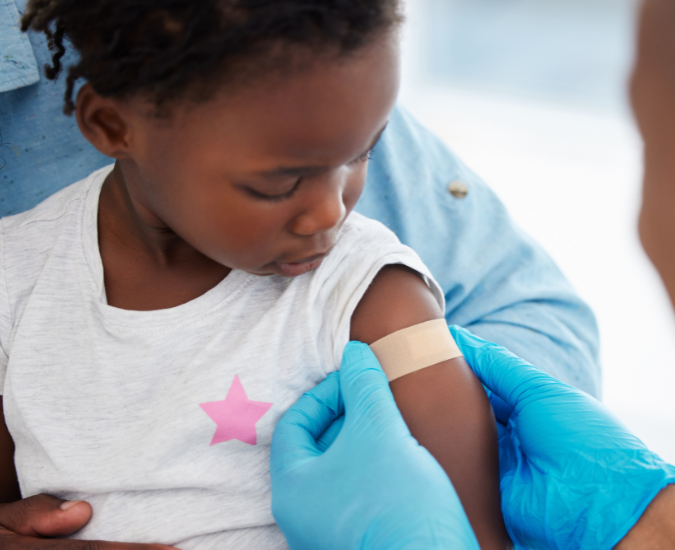Looking to help nurses facing mental, emotional and physical burdens from the demands of providing health care during the persistent and unpredictable COVID-19 pandemic, the United Health Foundation has announced a three-year, $3.1 million grant partnership with the American Nurses Foundation. The goal of the program is to reduce burnout with an emphasis on nurses of color and those under age 35 through implementation of the Stress & Burnout Prevention Pilot program.
The partnership addresses findings from the most recent Pulse on the Nation’s Nurses Survey indicating the entire nursing profession has been impacted by the pandemic:

Additionally, an American Nurses Foundation survey in August 2021 found that 34% of nurses do not feel emotionally healthy and 42% report experiencing trauma because of the COVID-19 pandemic. Fifty percent of nurse respondents said they are considering leaving the profession.
“Few could have predicted how unprecedented and demanding the past two and a half years have been for all of us, let alone our country’s nursing staff,” said Mary Jo Jerde, RN and senior vice president of the UnitedHealth Group Center for Clinician Advancement. “Nurses have played a vital role throughout this critical period and we’re committed to ensuring they have the resources they need to deliver high-quality care across the country.”
The American Nurses Foundation will pilot the Stress & Burnout Prevention Program, implemented as a train-the-trainer model, in four health care organizations representing 15,000 nurses at rural and urban locations in acute, primary and long-term care settings.
In honor of National Nurses Week and Month, UnitedHealth Group Senior Vice President of the Center for Clinician Advancement Mary Jo Jerde and American Nurses Association Board of Directors Director-at-Large Amy K. McCarthy were featured in a recent Axios event. They talked to Storyline founder Chris Frates about the United Health Foundation’s partnership with the American Nurses Foundation to address mental health and burnout support for the nursing workforce.
Watch the video replay:
A need for mental health support
The program is designed to transform organizational culture, remove the stigma associated with seeking mental health support and offer nurses a new burnout prevention model to help them use mental health resources earlier and more effectively.
“Given the complexity, intensity and intimacy of what nurses do every day, nurses’ need for mental health support has always existed. This has been exacerbated tenfold by the COVID-19 pandemic,” said Kate Judge, executive director of the American Nurses Foundation. “Burnout cannot just be addressed one nurse at a time. This new partnership addresses burnout at the systems level, especially for those most impacted, including younger nurses and nurses of color.”
The program is based on a framework originally developed for the military and since deployed in other demanding professions. It goes beyond identification of burnout to intervention by helping nurses speak about their stress/burnout using a common language, normalize talking about it, and provide support to their peers. Program learnings will also be incorporated into a national awareness and education campaign, providing free anti-burnout resources for frontline nurses and nurse leaders.
This commitment is one of the many ways UnitedHealth Group is working to advance health equity by ensuring every person, regardless of race, place or circumstance, has the opportunity to live their healthiest life. In 2020, the United Health Foundation also teamed with the American Academy of Family Physicians on a program to address burnout among our nation’s family physicians. Since the start of the pandemic, the American Nurses Foundation has invested in resources and programs focused specifically on addressing nurses’ mental health as well as examining their unique experiences responding to the COVID-19 pandemic.
RELATED
Advancing health equity
Explore UnitedHealth Group’s annual Sustainability Report to learn more about our efforts to address health disparities and advance health equity.


Share This Story